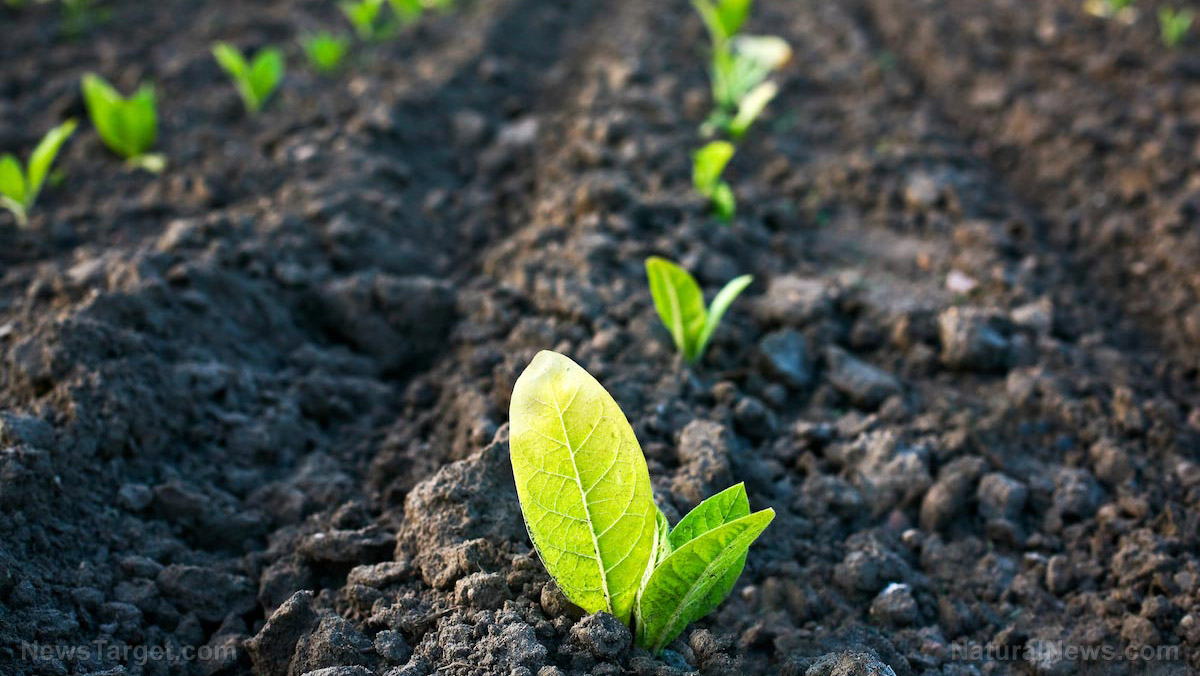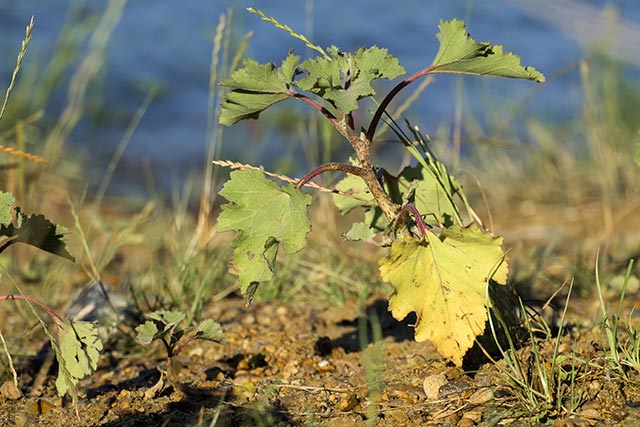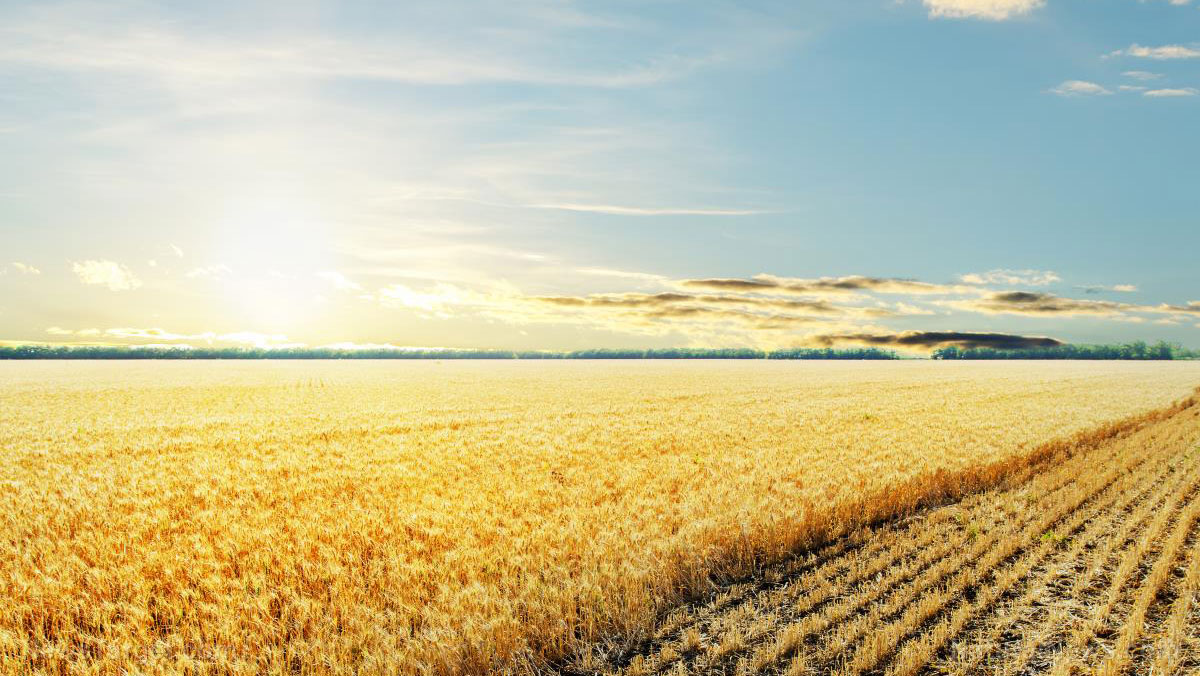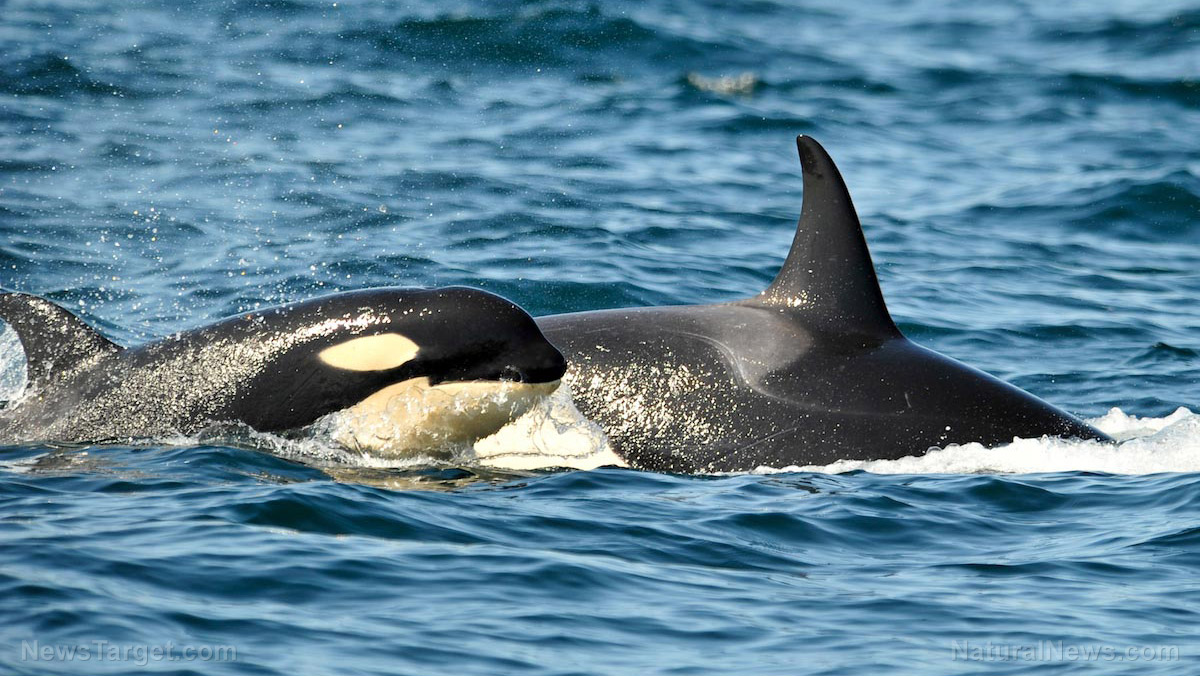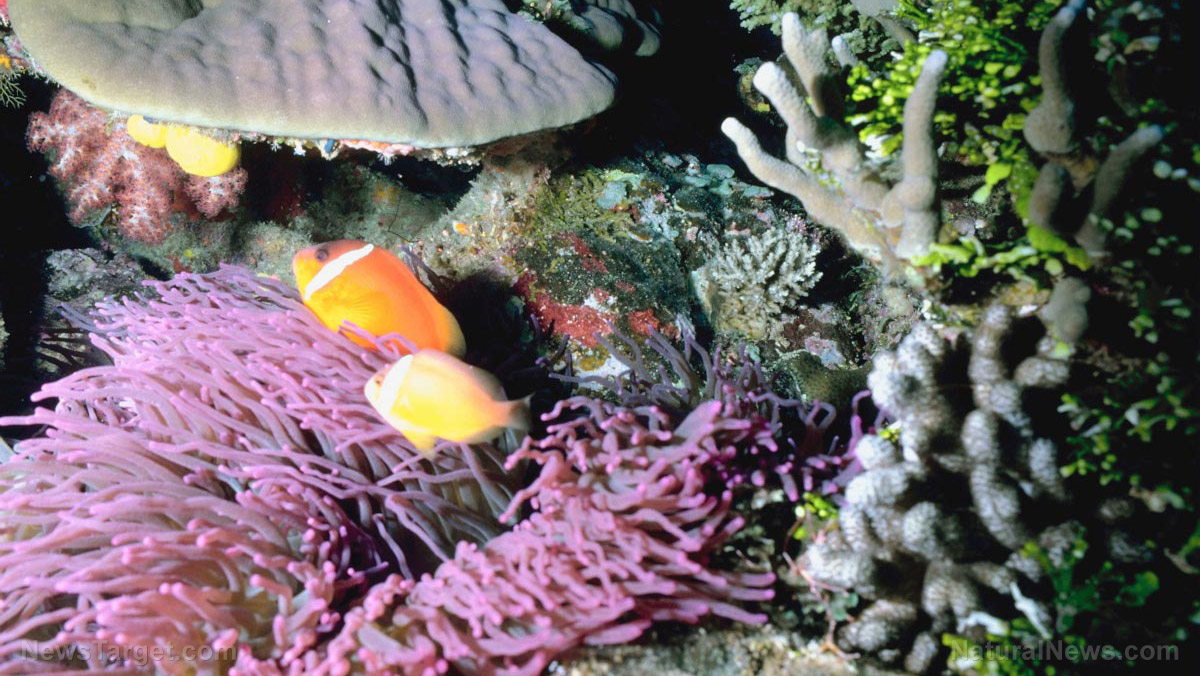Researchers find a plant that can be used to feed a microalgae strain to boost its potential as a biofuel
11/20/2018 / By Zoey Sky

According to a study, which was published in the journal Algal Research, feeding certain algae some plants can produce biofuel for your car.
Data from the study, which involved researchers from the Los Alamos National Laboratory (LANL) and other partner institutions, revealed that a freshwater production strain of Auxenochlorella protothecoides (A. protothecoides) can degrade and use non-food plant substrates (e.g. switchgrass). Surprisingly, when fed switchgrass, the microalgae had “improved cell growth and lipid productivity.”
The research team believes that this can help boost the algae’s potential value as a biofuel. According to Amanda Barry, who is from Los Alamos’s Bioenergy and Biome Sciences group, algae is a very promising source of renewable fuel because they can produce “refinery-compatible diesel and jet fuel precursors.”
Barry, who is the lead author on the study, explained that by determining which algae strains can use plant substrates (e.g., switchgrass and corn stover, the part of the plant left behind in a field post-harvest) to grow faster and with a higher lipid content implies that even waste plant material can be used to boost the productivity of algae. This means that, if successful, even algae can be cultivated to produce eco-friendly biofuels or bioproducts.
Barry commented that by identifying the unique enzymes and biochemical pathways that algae need to break down complex plant lignocellulose, researchers are one step closer to fully understanding algal biology. Learning more about algae can help scientists discover new avenues of future designer engineering that can advance algal biofuel production strains. (Related: Dead zone-forming algae could be used to enrich soils and produce biofuel, say scientists.)
This study is the first of its kind to focus on algae degradation and the use of untreated plant substrate. The LANL study is also a pioneer when it comes to studying the “putative genetic and molecular mechanisms” that makes this degradation possible. Data from the study also helped identify potential glycosyl hydrolases that may be involved in plant deconstruction.
Fast facts on switchgrass and corn stover
Switchgrass (Panicum virgatum) is a tough grass that can grow even in harsh conditions.
- Switchgrass is often used to add both texture and color to a garden.
- It gradually spreads large clumps of grass that have eye-catching colors.
- A warm-season grass, switchgrass blooms in mid- to late- summer.
- There are some switchgrass varieties and cultivars with foliage that changes color in the fall.
- Aside from being used as a landscape or ornamental plant, switchgrass is also used as a renewable crop for biomass energy.
Corn stover is the name for the cobs, leaves, and stalks left in fields after corn is harvested.
- Corn stover is a biomass that can be used to produce ethanol.
- Data from studies show that farmers can harvest stover for cellulosic sugars that can be fermented into ethanol.
- Corn stover is the largest quantity of biomass residue in the U.S., and a whopping 120 million tons of biomass residue is available annually.
- Corn stover can be used to provide as much as 23 to 53 billion liters of fuel ethanol to the U.S. transportation market, which amounts 10 percent of the market’s total gasoline needs.
- Corn stover may also be used for animal bedding.
- Based on estimates, at least one kilogram (kg) of stover is produced per kilogram of corn grain.
Read more articles about microalgae and how they can be used to produce biofuel at Ecology.news.
Sources include:
Tagged Under: A. protothecoides, Auxenochlorella protothecoides, BioFuel, carbon energy source, corn stover, environment, environmental protection, freshwater microalgae, green energy, microalgae, switchgrass
RECENT NEWS & ARTICLES
COPYRIGHT © 2017 ENVIRON NEWS

